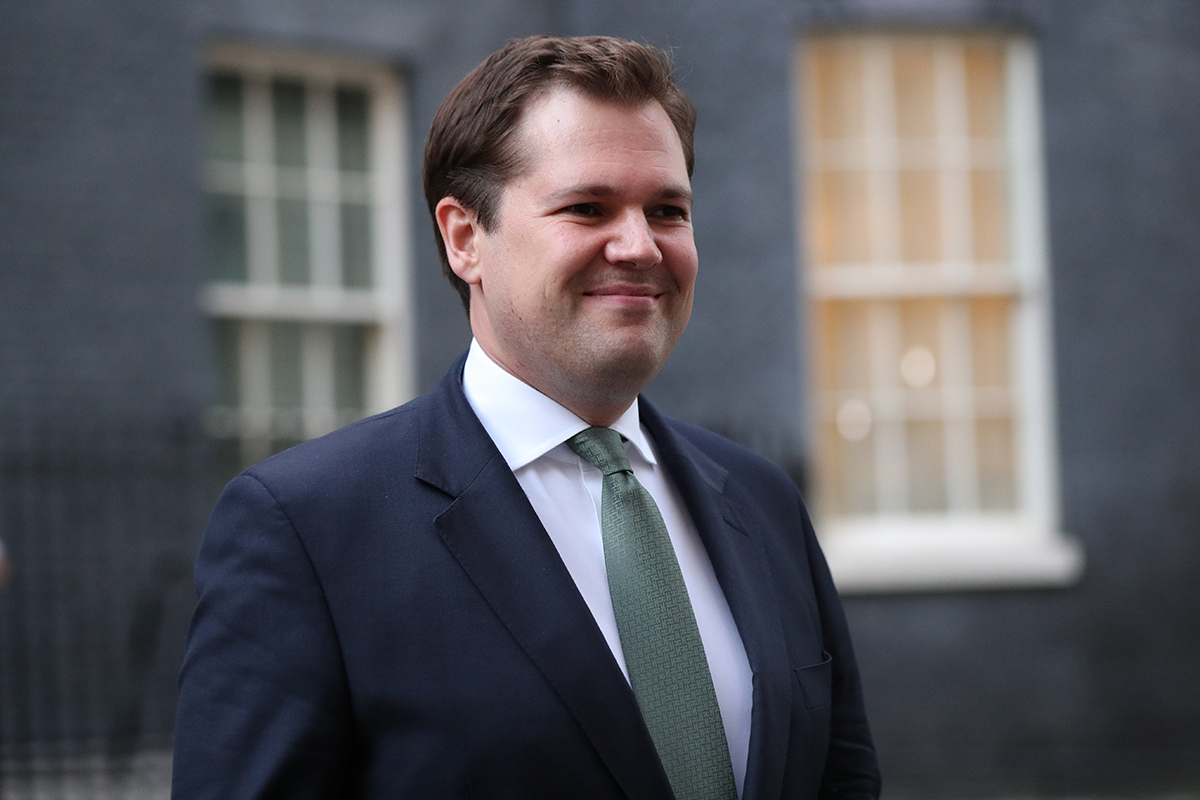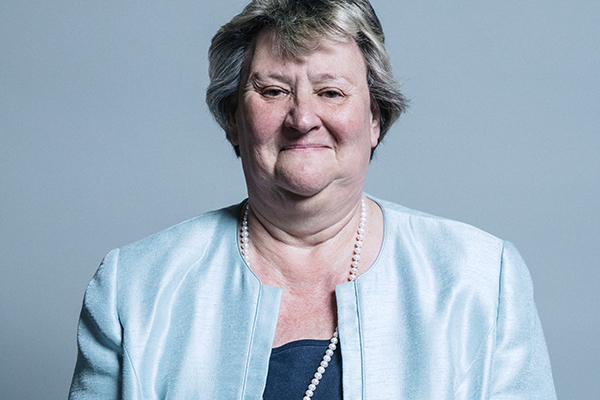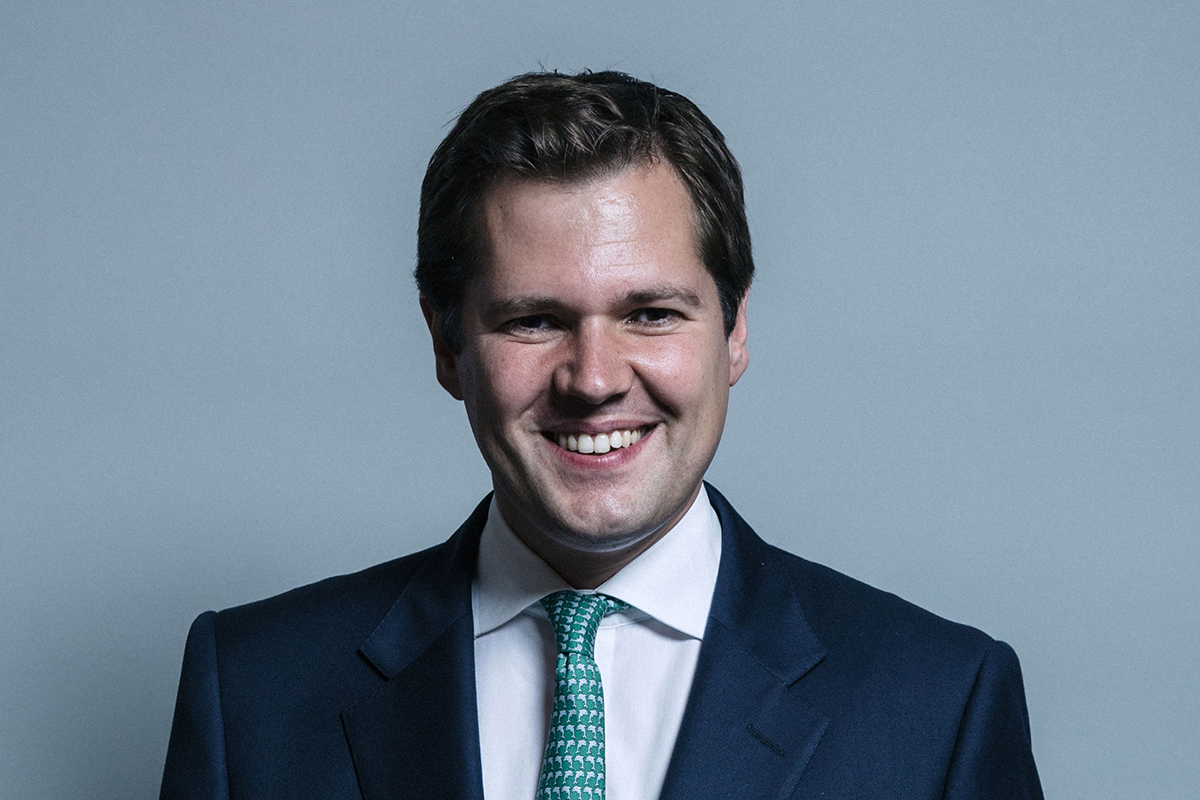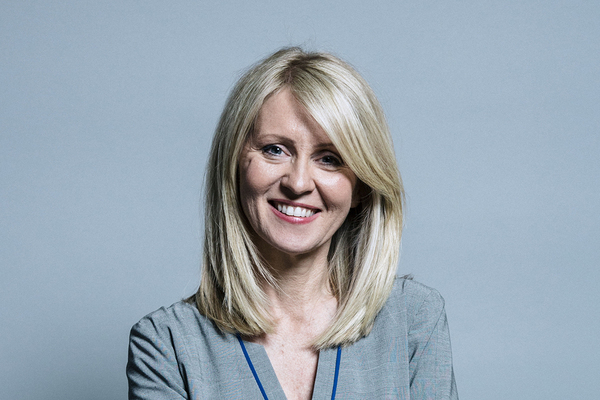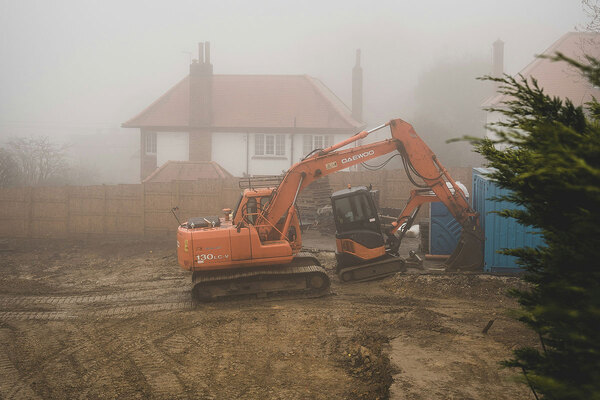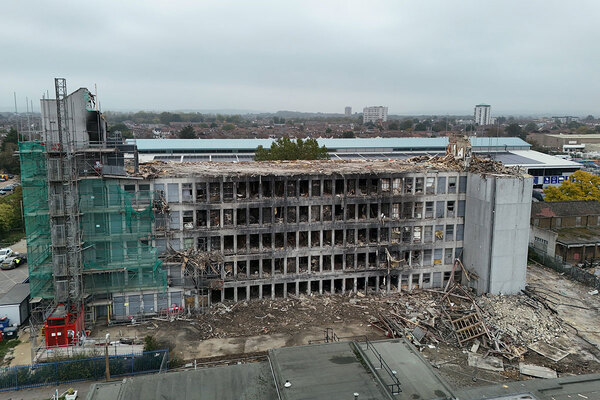You are viewing 1 of your 1 free articles
Who is new housing secretary Robert Jenrick?
As a new housing secretary takes the reins in Boris Johnson’s cabinet, Peter Apps looks at what we can learn from his record.
New housing secretary Robert Jenrick outside Number 10 Downing Street (picture: PA)
The new housing, communities and local government secretary, Robert Jenrick, is a fresh face and one who will be unfamiliar to many in the housing sector.
Aged 37, he has been MP for Newark in the East Midlands since a by-election in 2014, following the resignation of the area’s former MP Patrick Mercer, due to the cash-for-questions scandal.
Since January 2018, Mr Jenrick held a junior ministerial role at the Treasury. His responsibilities included overseeing plans for growth in the ‘Oxford–Cambridge Arc’, which includes large new transport infrastructure and the building of thousands of new homes. This has attracted opposition from the Campaign to Protect Rural England.
On Brexit, he supported remain during the referendum, but has since voted loyally in favour of Theresa May’s deal. But in the first indicative vote in March, he voted against every option except leaving without a deal. In the second round of votes – when no deal was not on the table – he voted against every option. He also made headlines during his Treasury days for publicly warning his boss Philip Hammond about the risks of being too “gloomy” about Brexit.
Mr Jenrick has said little about housing policy publicly – but did he write a column for The Times in October 2017, which called for policies to bring smaller builders back into the market and establish development corporations to build new towns.
His key policy idea was to build homes on disused public land and sell them “at cost” to the under 40s.
He wrote: “These developments would be beacons of hope and aspiration for young families in every part of the country where such land exists. If those in the green belt were reluctant, focus on the swathes of the rest of the country with fewer inhibitions – I can think of half a dozen sites in my own county.”
Writing just weeks after Ms May had announced the first funding for social rented homes since 2010, Mr Jenrick said the Conservatives should tackle the housing crisis “with coherent policies that build the case for conservatism, not becoming pale shades of our opponents”.
Speaking on a housing panel at last year’s Conservative Party conference, attended by Inside Housing, he said that if the government doesn’t revive homeownership the Conservatives “will lose the next election and we’ll deserve to lose it”.
Mr Jenrick’s other high-profile brush with the housing debate came in 2014 when he was attacked for owning three homes. According to an unflattering article in the Daily Mail, this included two £2m homes in London and a £1m country pile “built by an 18th Century slave trader”. He defended his position, saying he and his wife had both worked “jolly hard” to earn their money.
His current register of interests lists one property in Herefordshire. He was also director of a now-dissolved company which was formed specifically for the renovation of his London property.
In an interview with Business Insider in 2018, he described inequality in Britain today as “at it’s lowest ever level” before later acknowledging that it “depends how you measure it”.
Locally, Mr Jenrick has campaigned to make parts of his constituency an “area of outstanding natural beauty”, which would restrict development, and has lobbied for “new regulations to deal with illegal Traveller encampments”. He has also raised issues about leasehold fees in parliament.
As an MP, Mr Jenrick’s record in housing debates is limited. In 2016 he intervened in a debate about the bedroom tax to defend the controversial welfare reform due to the large sums spent on housing benefit.
